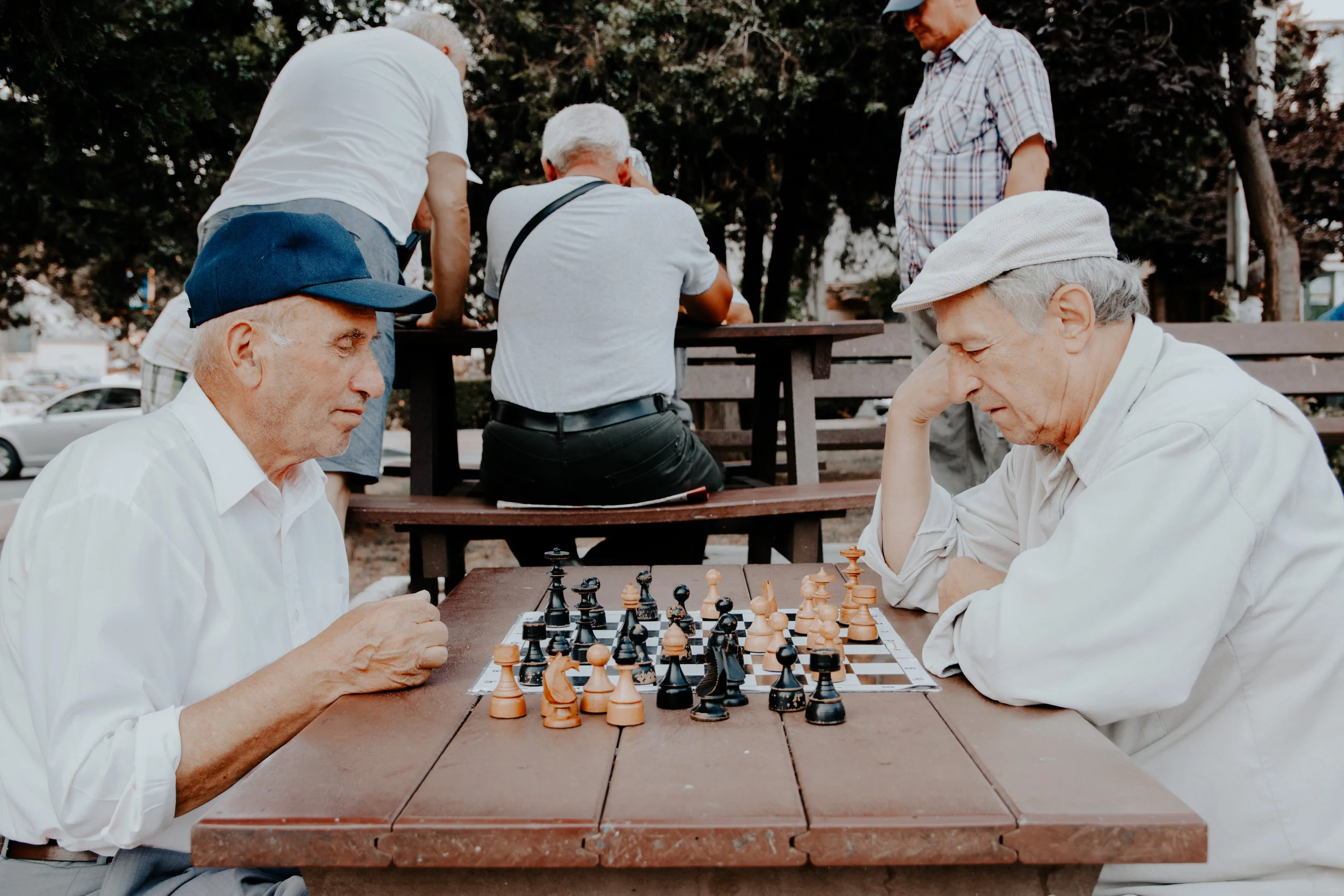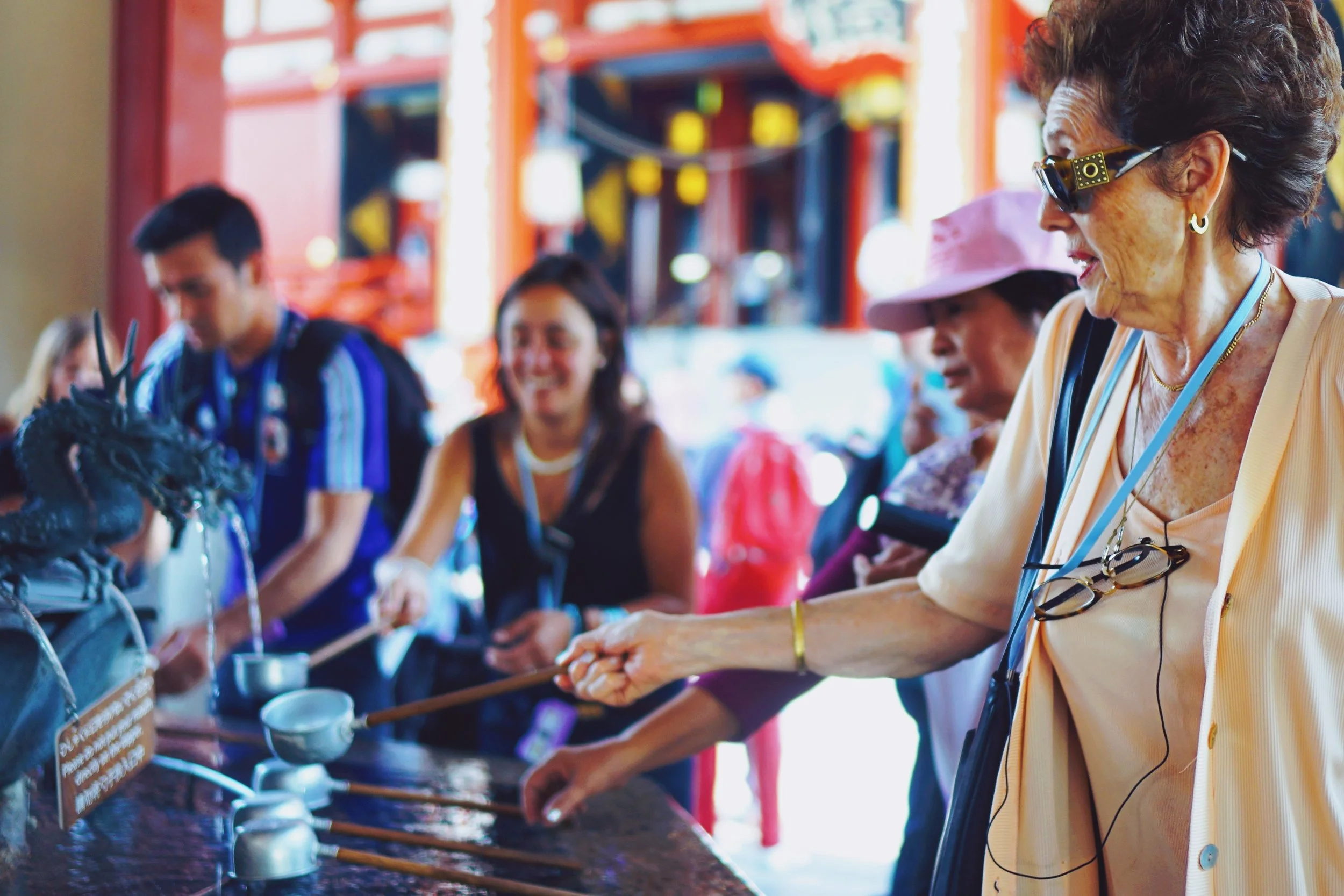BrainShape’s WHY: Because you are unique.
There is no size fits all solution to brain fitness. The power to keep your brain fit and healthy is in your hands. There is no finite list of activities to exercise your mind. Your path to brain fitness is uniquely yours and highly personal. It is different for every single person, because you are unique. Your brain health journey should be crafted around your interests, hobbies and knowledge base.
At BrainShape – we believe that your brain is plastic
Brain plasticity is our brain’s ability to change (structurally, functionally, chemically), and - when achieved through an active lifestyle – can reduce the risk of cognitive decline (Najar et al., 2019).
Your mind responds to your experiences and the world around you. Our mission is to help you build your optimal life that will ensure a strong and active body and mind as you age.
““Active bodies and active minds lead to healthy people, (regardless of age)””
Four key pillars of brain health
There are four key pillars that help to support brain health with increasing age: physical fitness, nutrition, socialization, and mental consideration.
1 - PHYSICAL FITNESS
Exercise promotes neurogenesis - the growth of new brain cells. The human brain produces approximately 700 new brain cells every day (predominantly in the hippocampus - the brain's memory centre). Exercises increases the amount of new brain cells that are produced daily.
“Of all the things we can do to foster good brain health as we age, physical activity offers the greatest benefit””
2 - NUTRITION
The human brain is nearly 60% fat; so, your brain needs healthy fats from your diet to function well.
Consuming antioxidants helps defend your body against the damaging effects of free radicals.
Healthy Tips from Dr. Carol Greenwood:
1. Avoid focusing too much on single foods or single nutrients - consume a healthy global diet.
2. Consider the social context when planning, preparing and eating healthy meals - engage with your community, family and friends.
““The brain, like every tissue in our body, is reliant on healthy nutrition throughout its life span.””
3- Socializing
Socializing has many benefits:
Reduces the risk of mortality, disability and depression
Provides a feeling of belonging and a sense of purpose and meaning
Betters cognitive health, self-rated health and health-related behaviour
- Statistics Canada
Loneliness and social isolation increases dementia risk
(reference Lancet 2017 study by Livingston et al.)
One way to reduce social isolation is to volunteer!
Benefits of volunteering include physical, cognitive and social benefits, reduced symptoms of depression, better self-reported health status and increased longevity (ref Anderson et al. 2014 review).
How much time do I need to volunteer to see benefits?Research shows that to maximize benefits, about 100 hours of volunteering per year (about 2 hours per week) is optimal (Nicole 2014 ref).
4 - MENTAL
Mental fitness exercises often cited in newspapers and magazines (read, do crosswords, garden, etc.) do not consider the personalities and interests of the individual, and often leave readers confused about what they should be doing. Other suggestions (e.g. be active, seek novelty) are too vague and do not offer clear advice on the steps required to promote cognitive health.
Research shows that staying mentally engaged through challenging and stimulating experiences is a fundamental component of mental fitness (Park et al., 2014).
The research (Park et al., 2014; McDonough et al., 2015) showed that sustained effort to acquire a demanding new skill (productive engagement) improved memory and increased brain activation. Some brain changes were even maintained 1-yr later, but many returned back to baseline levels.
TAKE HOME MESSAGE: Challenging activities must be ongoing for benefits to last.










